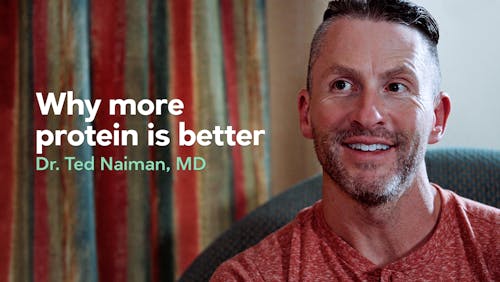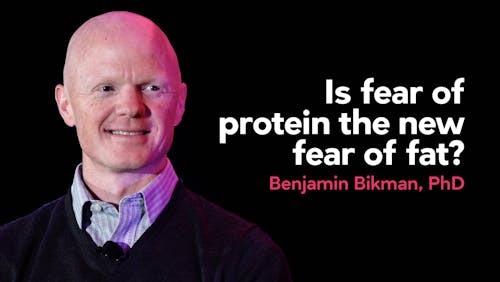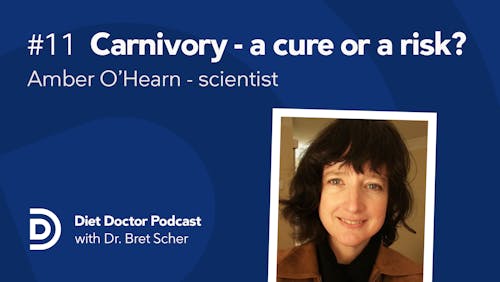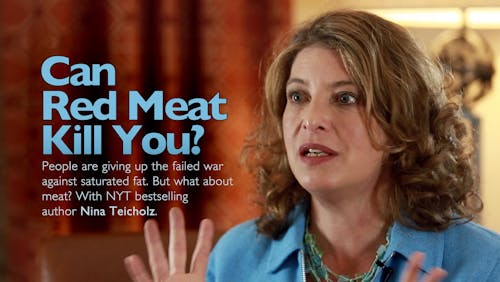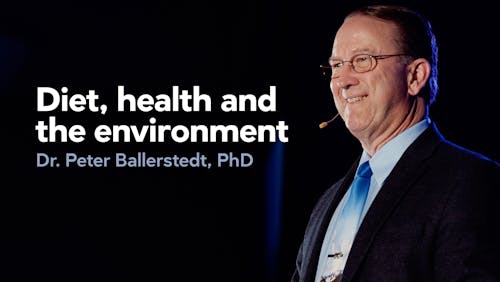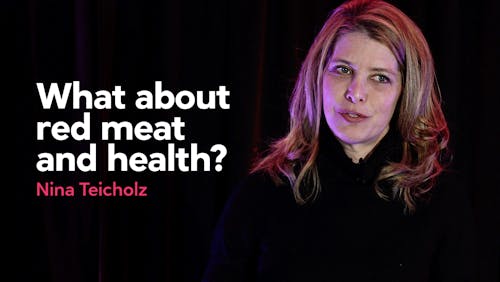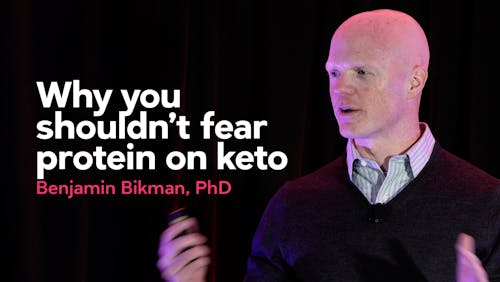Could an all-meat diet cure some diseases?
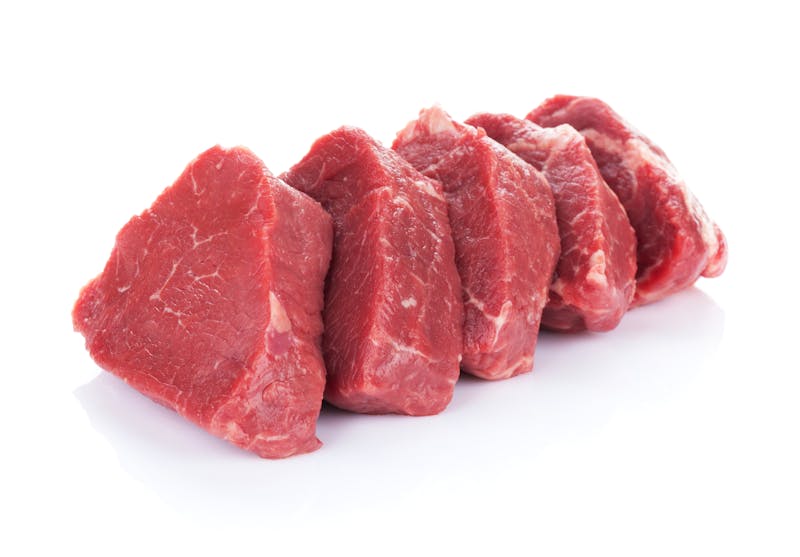
Is reversing several diseases possible by solely changing your diet? Mikhaila Peterson had suffered from autoimmune diseases since she was only two years old and it didn’t get better with age. Everything changed when she quite radically changed her diets. In this article in The Atlantic, Mikhaila is being interviewed about her interesting story.
Peterson described an adolescence that involved multiple debilitating medical diagnoses, beginning with juvenile rheumatoid arthritis. Some unknown process had triggered her body’s immune system to attack her joints. The joint problems culminated in hip and ankle replacements in her teens, coupled with “extreme fatigue, depression and anxiety, brain fog, and sleep problems.” In fifth grade, she was diagnosed with depression, and then later something called idiopathic hypersomnia
She did everything the doctors told her, but nothing helped. Then she made a big change. She started to cut out different foods from her diet. Starting with gluten, moving on to dairy, soy, lectins and so on. At last, she had eliminated everything but beef and salt from her diet, and all of her symptoms went into remission.
Today Mikhaila is 26 years old and a mother. As long as she sticks to her all-meat diet she is a healthy young woman. She hopes to help and inspire others through her blog and her one-on-one counseling.
Read her full story here:
The Atlantic: The Jordan Peterson all-meat diet
Comment by Dr. Eenfeldt
Stories like these are powerful examples of the potential power of a lifestyle change, and they give ideas for important future research. However, it’s important to note that stories like these can’t by themselves prove cause and effect – this requires controlled studies of a larger number of people.
The article also raises some fairly obvious questions, for example about the environmental sustainability of a diet like this, were it to be selected by a larger percentage of humanity.
The questions about whether a diet like this could be compared to an eating disorder requires us to be very open minded, I believe. That would depend on the reason for choosing it, and how the diet makes a person feel. If there is no urgent health reason for it, and the diet makes someone feel anxious and restricted and obsessed, this may very well be cause for a lot of concern. But that’s not necessarily the case. And as Mikaela Peterson rightly puts it: “it’s extremely disrespectful to people with health issues caused by food to be lumped into the same category as people with eating disorders.”
We’ll post a big guide to the carnivore diet on Diet Doctor later this year, where we look closely at the pros and cons, and the experience and science that support the diet (or not).
